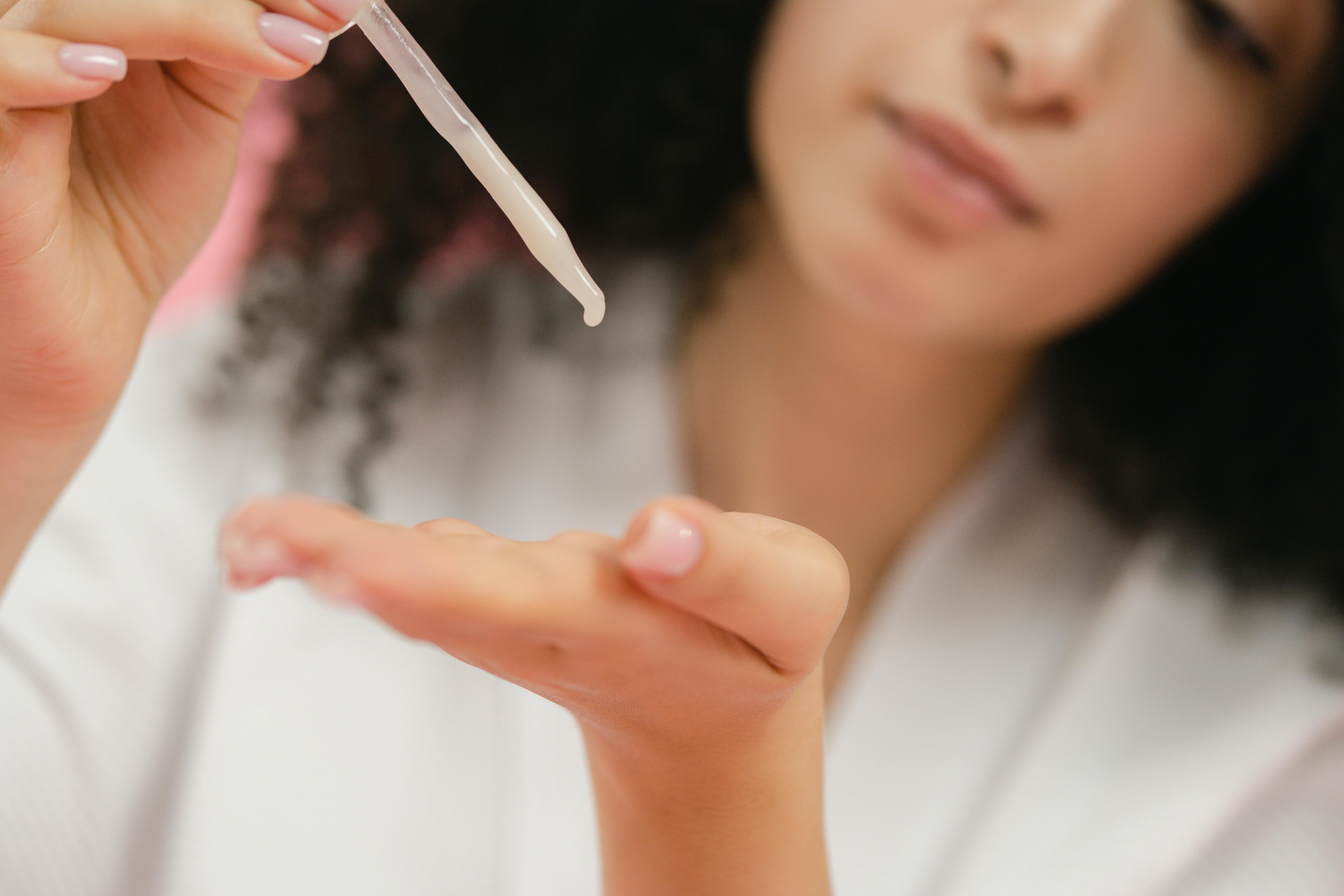Skincare Secrets: What Dermatologists Recommend for Clear Skin
Achieving clear, radiant skin is a goal many of us strive for, but with so much conflicting advice out there, it can be hard to know where to start. Fortunately, dermatologists have a wealth of knowledge on how to keep our skin healthy and glowing. In this article, we'll explore top skincare secrets that dermatologists recommend for clear skin, including tried-and-true tips and must-have products.
Understanding Your Skin Type

Before diving into specific skincare routines and products, it's essential to understand your skin type. Dermatologists classify skin into several types: normal, oily, dry, combination, and sensitive. Knowing your skin type helps tailor your skincare regimen to your unique needs.
Normal Skin
Normal skin is balanced, neither too oily nor too dry. It has a smooth texture, small pores, and few imperfections.
Oily Skin
Oily skin produces excess sebum, leading to shiny skin and enlarged pores. It's more prone to acne and blackheads.
Dry Skin
Dry skin lacks sufficient moisture, often feeling tight and rough. It may also be prone to flaking and redness.
Combination Skin
Combination skin features both oily and dry areas, typically oily in the T-zone (forehead, nose, and chin) and dry on the cheeks.
Sensitive Skin
Sensitive skin is easily irritated and may react to certain products, causing redness, itching, or burning.
Daily Skincare Routine Essentials
1. Gentle Cleansing
Dermatologists emphasize the importance of cleansing your skin twice daily. Choose a gentle cleanser that suits your skin type. For example, gel-based cleansers are excellent for oily skin, while cream-based cleansers work well for dry skin.
2. Exfoliation
Exfoliating helps remove dead skin cells, promoting cell turnover and preventing clogged pores. However, it's crucial not to overdo it. Dermatologists recommend exfoliating 2-3 times a week with a gentle exfoliator suitable for your skin type.
3. Hydration
Moisturizing is vital for all skin types. It helps maintain the skin's barrier function and keeps it hydrated. Look for non-comedogenic moisturizers that won't clog pores. Ingredients like hyaluronic acid and glycerin are excellent for hydrating the skin.
4. Sun Protection
Applying sunscreen daily is one of the most critical steps in any skincare routine. Dermatologists recommend using a broad-spectrum sunscreen with at least SPF 30 to protect against harmful UV rays. Reapply every two hours, especially if you're outdoors.
5. Targeted Treatments
Depending on your skin concerns, incorporate targeted treatments such as serums or spot treatments. For acne-prone skin, products with salicylic acid or benzoyl peroxide can be effective. For aging skin, look for serums with retinol or vitamin C.
Dermatologist-Approved Skincare Ingredients
1. Retinoids
Retinoids are a class of compounds derived from vitamin A. They're renowned for their ability to accelerate cell turnover, reduce wrinkles, and clear acne. Start with a lower concentration to allow your skin to acclimate.
2. Vitamin C
Vitamin C is a powerful antioxidant that brightens the skin, fades dark spots, and promotes collagen production. Incorporate a vitamin C serum into your morning routine for best results.
3. Hyaluronic Acid
Hyaluronic acid is a humectant that attracts and retains moisture in the skin. It's suitable for all skin types and helps keep the skin plump and hydrated.
4. Niacinamide
Niacinamide (vitamin B3) is known for its anti-inflammatory properties. It helps reduce redness, regulate oil production, and improve the skin barrier.
5. Salicylic Acid
Salicylic acid is a beta-hydroxy acid (BHA) that exfoliates the skin and unclogs pores. It's particularly beneficial for those with oily and acne-prone skin.
Lifestyle Tips for Clear Skin
1. Stay Hydrated
Drinking plenty of water is crucial for maintaining hydrated and healthy skin. Aim for at least eight glasses of water a day.
2. Healthy Diet
A balanced diet rich in fruits, vegetables, and omega-3 fatty acids can have a positive impact on your skin. Foods high in antioxidants help protect your skin from damage.
3. Manage Stress
Stress can trigger skin issues like acne and eczema. Incorporate stress-reducing practices such as yoga, meditation, or regular exercise into your routine.
4. Adequate Sleep
Getting enough sleep is essential for skin health. Aim for 7-9 hours of quality sleep each night to allow your skin to repair and regenerate.
Conclusion
Clear skin is achievable with the right approach and products. By understanding your skin type, following a consistent skincare routine, and incorporating dermatologist-approved ingredients, you can maintain healthy, radiant skin. Remember, skincare is a long-term commitment, and results may take time. Stick with it, and your skin will thank you!

 Cricket Score Counter
Cricket Score Counter Heads or Tails
Heads or Tails
You have not logged in, please Login to comment.